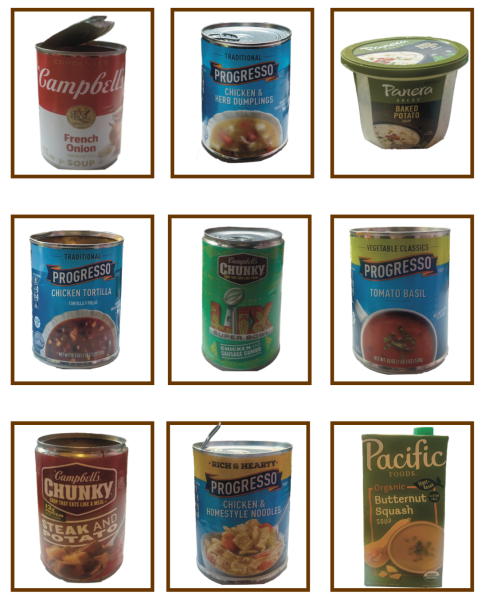OPINION: Charlie and the Chocolate Factory is a Timeless Story for Children and Adults
Upon browsing around on Google for the next book I was going to buy and read, I encountered Roald Dahl’s classic: “Charlie and the Chocolate Factory.” Seeing the book’s title, I was reminded of the childhood film by Tim Burton, starring Johnny Depp as Willy Wonka. I remember liking the film and watching it to a great extent, so I took the opportunity to buy the original book to see what started this piece of pop culture.
After reading the book, I can conclude that this is a timeless story; it appeals to its main moral to both children and adults. Anyone can read this story for the first time — despite different ages — and learn something, or perhaps the person already knows the moral, but can to be re-enlightened by it.
For children, the main message is very clear in the story: good children are rewarded for their deeds and acts and bad children are not. However, this is a common misconception of the theme — even to the adults who acknowledge it. Of course, children will see this as the theme, because it is what is taught to most of them; and adults will see this as the theme because it is what they try to teach to children.
However, the main theme isn’t as clear-cut as that, because that is unfortunately not how life works all the time. Just think about Charlie’s predicament: a terribly poor boy with barely anything to eat, and yet he is a very kind, thoughtful, and empathetic kind of person. Likewise, think about any of the other four children who got to tour Wonka’s factory: all of them were unlikeable and rude children, but they had the best kind of life they could want to have.
Upon examining the plot points in the story, I believe the main theme is more along the lines of this: Very good and very bad things will happen to everyone, no matter how they act or what their life situation is, but in the end, based on how they act and what they do, everything will work itself out well.
This is the kind of message which can easily go over an adult’s head. Even though “Charlie and the Chocolate Factory” is a kid’s book, this theme is woven subtly into its story.
This is the kind of message children will not fully understand until they are a little bit older, probably not until they are in their preteens or as teenagers. However, I feel it is still a good idea to present children with a complex theme like this. Even though they will not fully understand it, they will still be able to interpret it in their own way.
Adults are more akin to this theme, since they experience appropriate right-doings and inappropriate wrong-doings, or vice versa in their lives; and, at the end of the day, everything is okay or will be okay. In addition, they learned this daily lifestyle from events in their lives as they grew up.
This intricate ideal in life coming from a kid’s story is one of the aspects which makes “Charlie and the Chocolate Factory” unique and earns its spot on bookshelves or in computers everywhere.

Tyler Guthrie was a columnist with The Sunflower. Guthrie uses he/him pronouns.

Wren Johnson is an illustrator for The Sunflower. Johnson is a fourth-year communications major that loves chickens. In her free time, she likes to read,...









